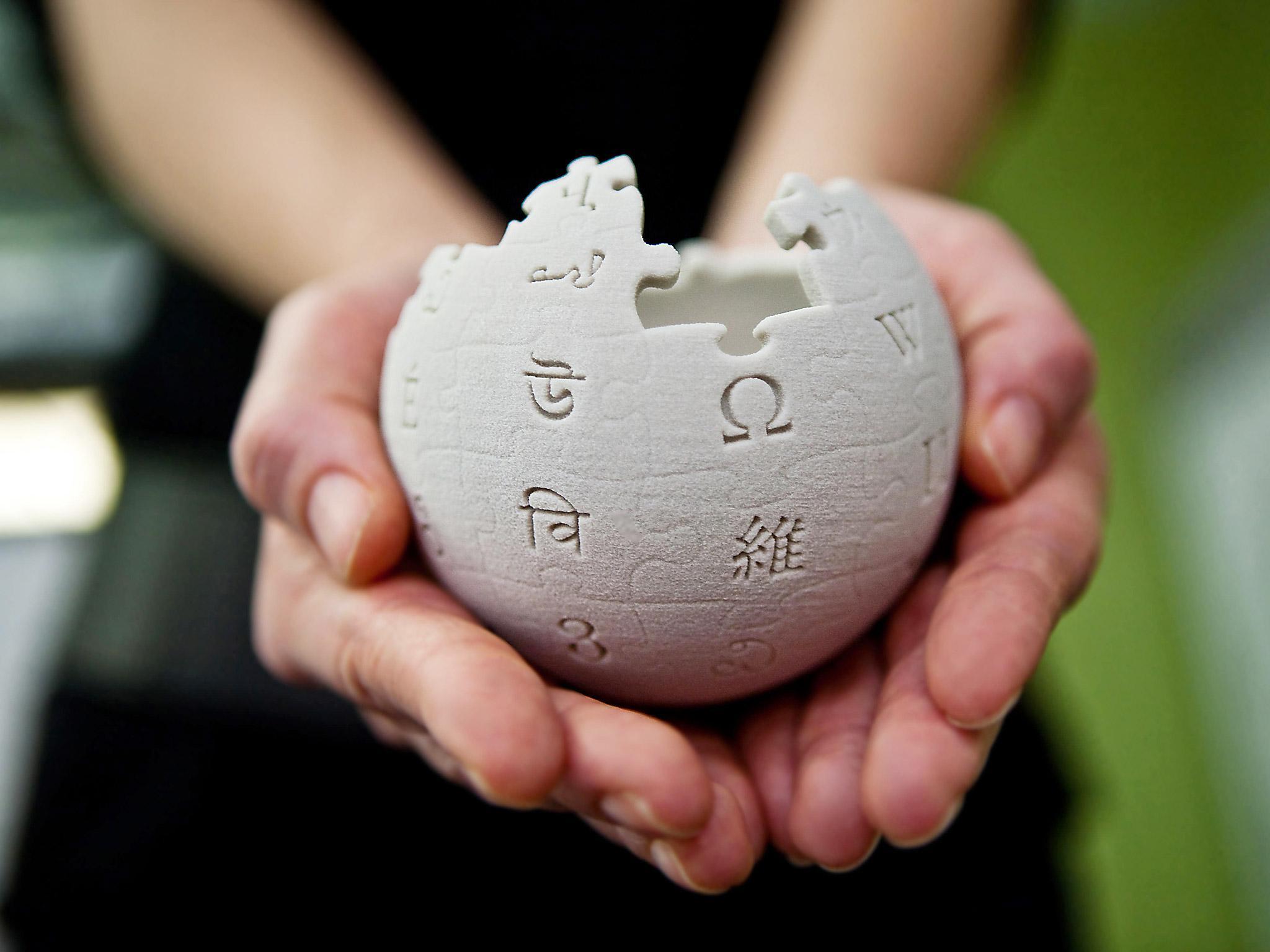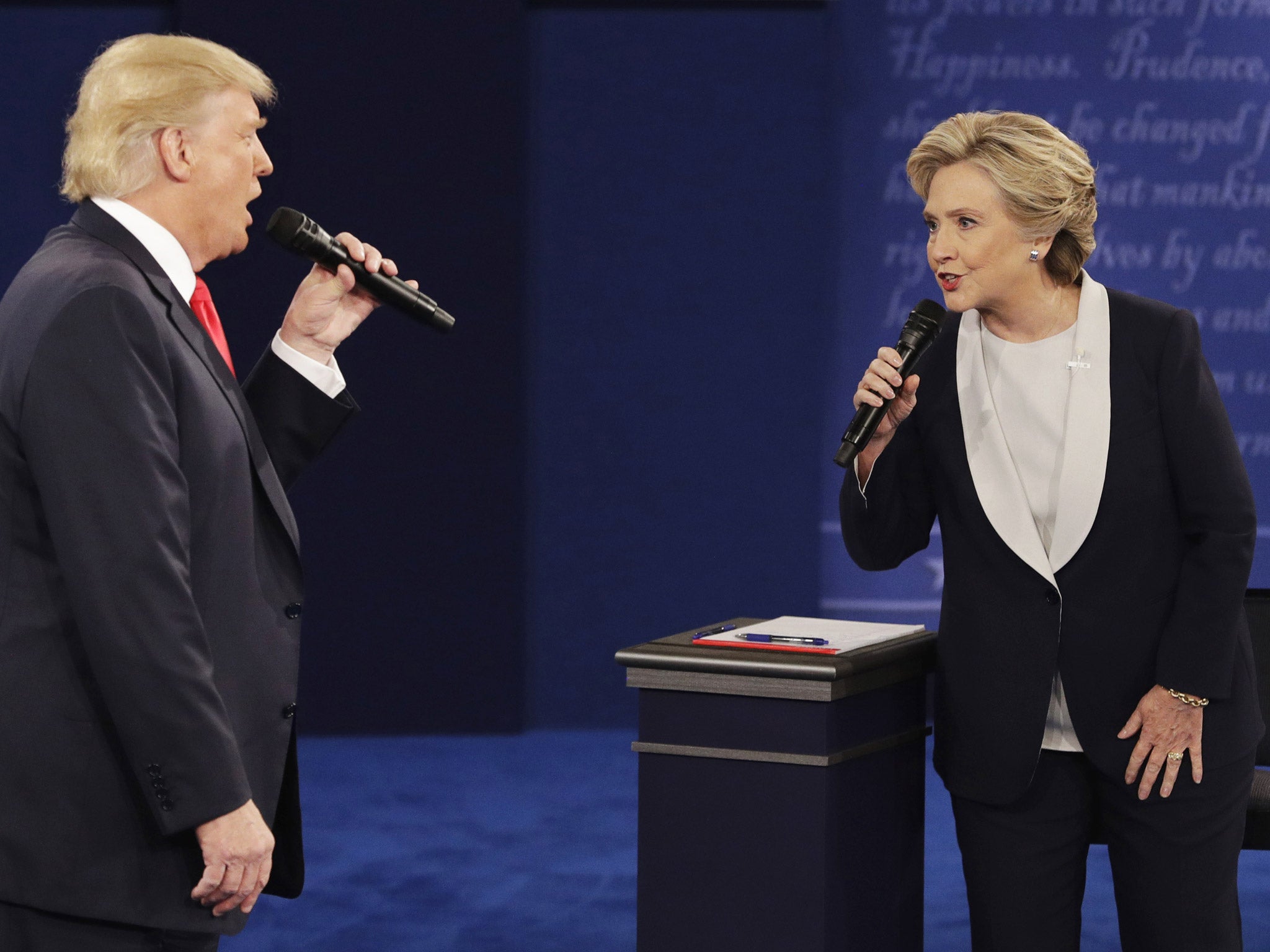Can Wikipedia save the internet?
Wikipedia is not perfect but the site has managed to carve out a space where people can have mostly sane, productive conversations. Jeff Guo explains

The internet is dotted with cesspools, also known as comments sections. Consider, for instance, the Facebook chatter surrounding a recent New York Times article about Donald Trump:
"Of course the general election has been rigged in favour of that lying cow Hillary and against Trump," one person wrote. "She is a treacherous, lying, murderous woman that couldn't care less of our rights and our constitution," another added. "NYT A TRASH TAG, not one scintilla of truth not any journalistic integrity this trash paper," someone else said. (That comment got two likes.)
We might once have dreamed that the miracle of cheap, instant communication would knit society together. The reality has been closer to the opposite. Thanks to the web, we are able to cocoon ourselves among like-minded people and like-minded facts. Instead of finding common ground, we shout across the ideological divide – and in nastiest ways possible, because the distance of online discourse dissociates us from the consequences of our own speech.
It's downright startling, then, to observe what happens behind the scenes at Wikipedia. Go to any article and visit the "talk" tab. More often than not, you'll find a somewhat orderly debate, even on contentious topics like Hillary Clinton's emails or Donald Trump's sexual abuse allegations.
Wikipedia is hardly perfect –- it's known for its pedantry, sexism, and epic edit wars. But somehow, despite of all the forces dragging it toward chaos, the site has managed to carve out a space on the internet where people can have mostly sane, mostly productive conversations that mostly converge to a version of the truth.
Recent research from Harvard Business School suggests that Wikipedia has become increasingly balanced in the course of its 15-year history. An analysis of political articles shows that the site was once heavily biased toward the left, but has steadily drifted toward the centre, to the point that many entries are now about as neutral as their counterparts in the Encyclopaedia Britannica.
What's even more interesting is that Wikipedia seems to exert a moderating influence on its contributors. Many places on the internet exist to inflame partisan tendencies but it appears that working on Wikipedia might actually de-radicalise people.
In a draft paper published last week, Shane Greenstein and his colleagues Feng Zhu and Yuan Gu found that over the years, individuals who edit political articles on Wikipedia seem to grow less biased – their contributions start to contain noticeably fewer ideologically-charged statements. "We thought this was quite striking," said Greenstein, a professor at Harvard Business School. "The most slanted Wikipedia editors tend to become more moderate over time."
The Harvard researchers adapted a measure of partisanship developed by economists Matthew Gentzkow and Jesse Shapiro, who analyzed the speech patterns of people in Congress to identify particularly conservative or liberal phrases. Some of the distinctive phrases favored by Republicans included "illegal aliens, " "death tax, " and "border security. " Democrats, on the other hand, were fond of phrases like "poor people, " "tax breaks, " and "change the rules. "
By looking for these kinds of partisan idioms in Wikipedia articles, the Harvard researchers could determine whether the text sounded more like the product of a Republican or a Democrat. They were also able to document how the articles evolved over time.

The researchers analysed more than 70, 000 different articles related to American politics, tallying the different changes made by each of the 2. 9million people who edited those pages between 2001 and 2011. As the researchers followed the contributors over time, they realised that contributors were becoming much less partisan – at least, they were sounding a lot less partisan. Many started their Wikipedia careers using a lot of left-leaning or right-leaning language, but after a few years, most of them began to favour more neutral language. The researchers believe this is evidence that Wikipedia helps break people out of their ideological echo chambers.
In their data, they noticed that people often targeted pages of the opposite political persuasion. Left-leaning contributors were more likely to make changes on right-leaning Wikipedia pages, and vice versa. This often led to frequent confrontations. But on Wikipedia, the community expects people to engage with opposing viewpoints – to resolve their disputes through reasoned debate, not through shouting. "This is a long-standing tradition in Wikipedia," Greenstein said. "They have always aspired to have a neutral point of view, and they've developed a set of norms and rules about the appropriate settling of disputes."
Unlike, say, the comments section on most websites, Wikipedia has an extensive manual instructing contributors how to behave. One of the key guidelines is to "assume good faith", The site also insists that every fact must be backed up by a reliable source. When people seek to change a controversial article, they often to have provide a persuasive argument and extensive citations to make their edits stick.
The site doesn't always live up to its ideals, but it seems that for many people, participating in the community helps them develop the skills to become better citizens. For instance - right now on the page for Black Lives Matter, there's an anonymous contributor who is upset that the article doesn't mention George Soros, who is believed by some on the alt-right to be the movement's ultimate sponsor. (It's not true.) The contributor accuses the pages editors of conspiring to "portray BLM in the most favourable light possible."
"Easy," one of the editors responds. "Take a breath and let's see what we can agree on."
© The Washington Post
Join our commenting forum
Join thought-provoking conversations, follow other Independent readers and see their replies
Comments
Bookmark popover
Removed from bookmarks